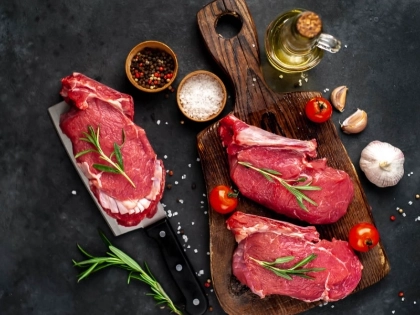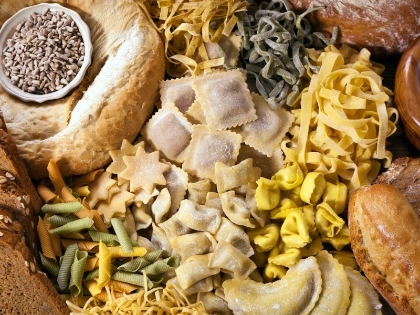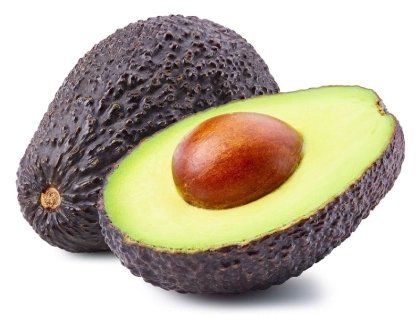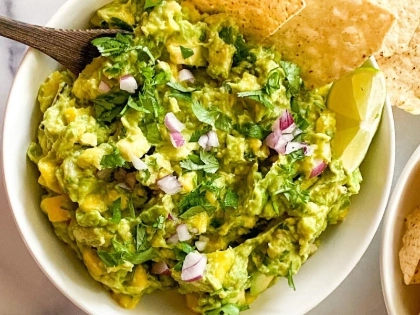What Should I Eat When I Get Sixty
The answer to this question is that nutrient-rich whole foods like vegetables, fruits, legumes and low-fat or fat-free dairy products can help you maintain a healthy weight. Also, a smart approach is to limit your intake of saturated fat, cholesterol and sugar, which increase your risk of heart disease, diabetes and other diseases.
Fried food
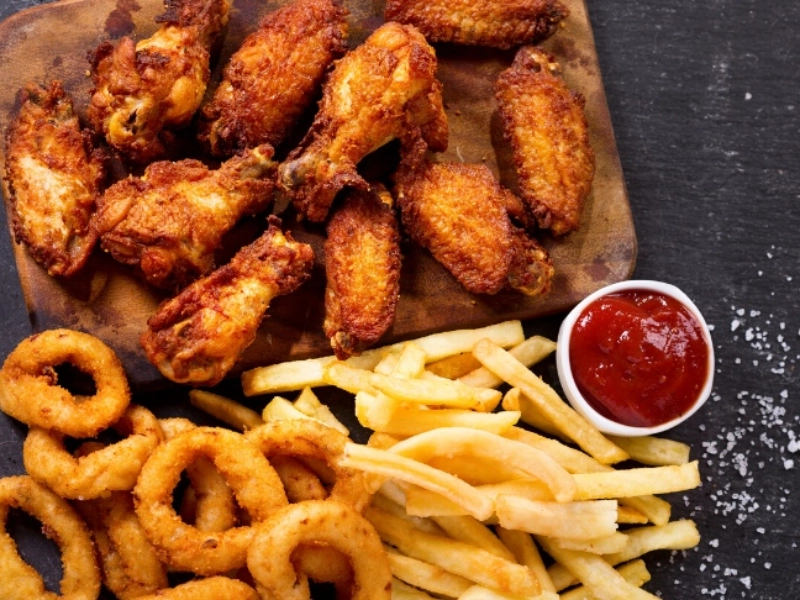
Processed meat
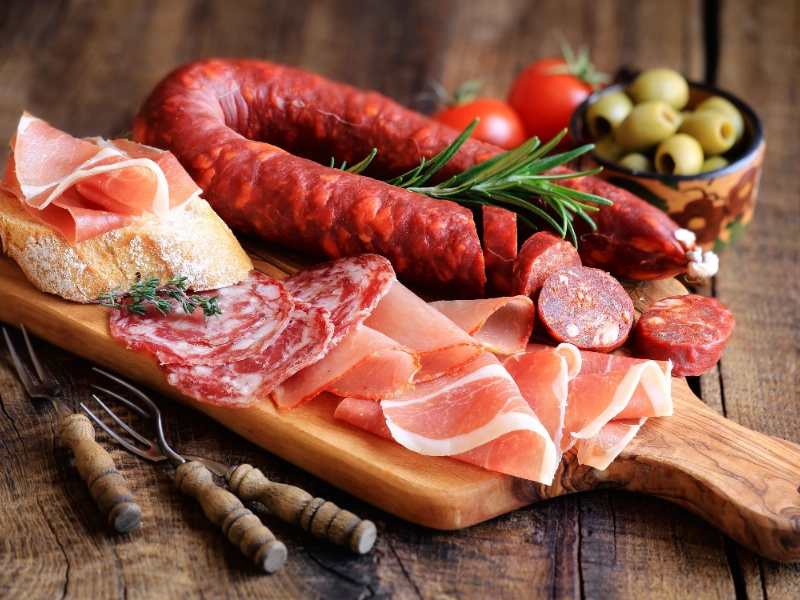 If you're a meat eater, you may benefit from reducing your consumption, especially processed meats like hot dogs and lunch meats, which are high in saturated fat and may increase your risk of heart disease and other chronic diseases.
Processed meats are usually high in sodium, which may increase your risk of heart disease and other diseases, and they also contain nitrates and nitrites, which may increase your risk of cancer and other diseases.
Luckily, there are healthier alternatives to processed meats, like lean proteins and whole grains. As you age, these nutrient-dense foods can keep your body healthy. They contain the vitamins and minerals your body needs to promote longevity.
If you're a meat eater, you may benefit from reducing your consumption, especially processed meats like hot dogs and lunch meats, which are high in saturated fat and may increase your risk of heart disease and other chronic diseases.
Processed meats are usually high in sodium, which may increase your risk of heart disease and other diseases, and they also contain nitrates and nitrites, which may increase your risk of cancer and other diseases.
Luckily, there are healthier alternatives to processed meats, like lean proteins and whole grains. As you age, these nutrient-dense foods can keep your body healthy. They contain the vitamins and minerals your body needs to promote longevity.
Pasteurized milk
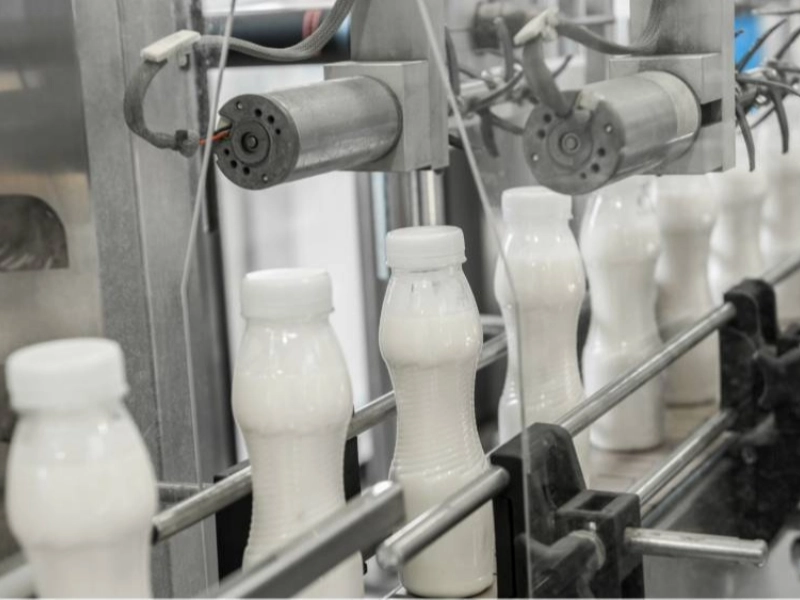 Pasteurization, a technique in which liquid foods are heated to a high enough temperature and sustained for a long enough time to destroy bacteria, Salmonella, and other pathogens, has fundamentally transformed food safety in the United States and saved millions of lives over the years.
Although unpasteurized milk is generally touted as a healthy option, it may contain bacteria that can make you sick, such as Listeria monocytogenes and Listeria flexuralis.
Pasteurization of milk inactivates some enzymes, but these enzymes are not important to human health. The process of pasteurization may result in a slight loss of some nutrients, but Americans generally do not need to worry about them because they have many other sources of vitamins and minerals in their diets.
Pasteurization, a technique in which liquid foods are heated to a high enough temperature and sustained for a long enough time to destroy bacteria, Salmonella, and other pathogens, has fundamentally transformed food safety in the United States and saved millions of lives over the years.
Although unpasteurized milk is generally touted as a healthy option, it may contain bacteria that can make you sick, such as Listeria monocytogenes and Listeria flexuralis.
Pasteurization of milk inactivates some enzymes, but these enzymes are not important to human health. The process of pasteurization may result in a slight loss of some nutrients, but Americans generally do not need to worry about them because they have many other sources of vitamins and minerals in their diets.




